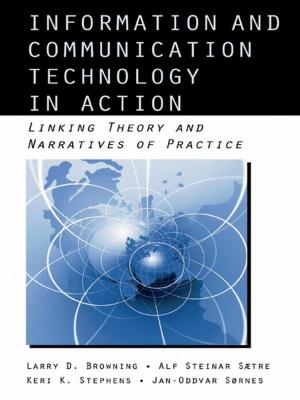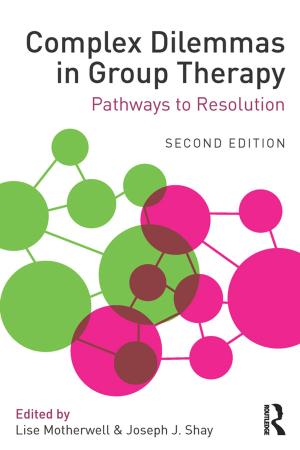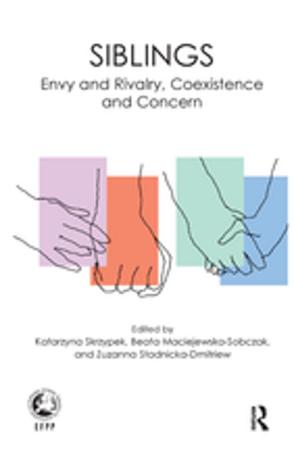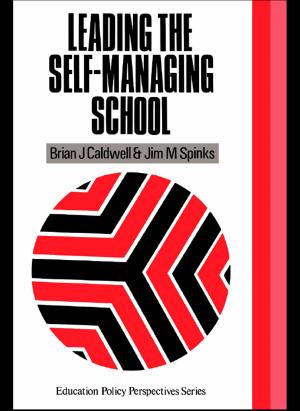Peer Power, Book One
Workbook: Becoming an Effective Peer Helper and Conflict Mediator
Nonfiction, Health & Well Being, Psychology, Counselling, Mental Health| Author: | Judith A. Tindall | ISBN: | 9781135897130 |
| Publisher: | Taylor and Francis | Publication: | November 5, 2008 |
| Imprint: | Routledge | Language: | English |
| Author: | Judith A. Tindall |
| ISBN: | 9781135897130 |
| Publisher: | Taylor and Francis |
| Publication: | November 5, 2008 |
| Imprint: | Routledge |
| Language: | English |
The Peer Power Program is a peer training program designed for middle, high school, and higher education students, focusing on 8 core skills: Attending, Empathizing, Summarizing, Questioning, Genuineness, Assertiveness, Confrontation, and Problem Solving. Through a series of exercises, games, and self-awareness techniques, youth and adults involved in the program can gain the basic communication and mediation skills necessary to effectively help their peers.
Peer Power, Book One, Workbook brings the participating students through first of all understanding their role as a peer helper, understanding themselves based on much of the Myers Briggs Type Indicator and the Asset Building Model. Next, it takes the participant through eight core skills. The last part of the book indicates strategies for implementing peer work into practice. These strategies include limits setting through ethical guidelines, taking care of themselves, conflict resolving skills and putting peer helping into action. The Workbook provides clear instructions for the skills-focused, guided exercises, in a format that is accessible and enjoyable for students in the Peer Power Program.
The Peer Power Program is a peer training program designed for middle, high school, and higher education students, focusing on 8 core skills: Attending, Empathizing, Summarizing, Questioning, Genuineness, Assertiveness, Confrontation, and Problem Solving. Through a series of exercises, games, and self-awareness techniques, youth and adults involved in the program can gain the basic communication and mediation skills necessary to effectively help their peers.
Peer Power, Book One, Workbook brings the participating students through first of all understanding their role as a peer helper, understanding themselves based on much of the Myers Briggs Type Indicator and the Asset Building Model. Next, it takes the participant through eight core skills. The last part of the book indicates strategies for implementing peer work into practice. These strategies include limits setting through ethical guidelines, taking care of themselves, conflict resolving skills and putting peer helping into action. The Workbook provides clear instructions for the skills-focused, guided exercises, in a format that is accessible and enjoyable for students in the Peer Power Program.















